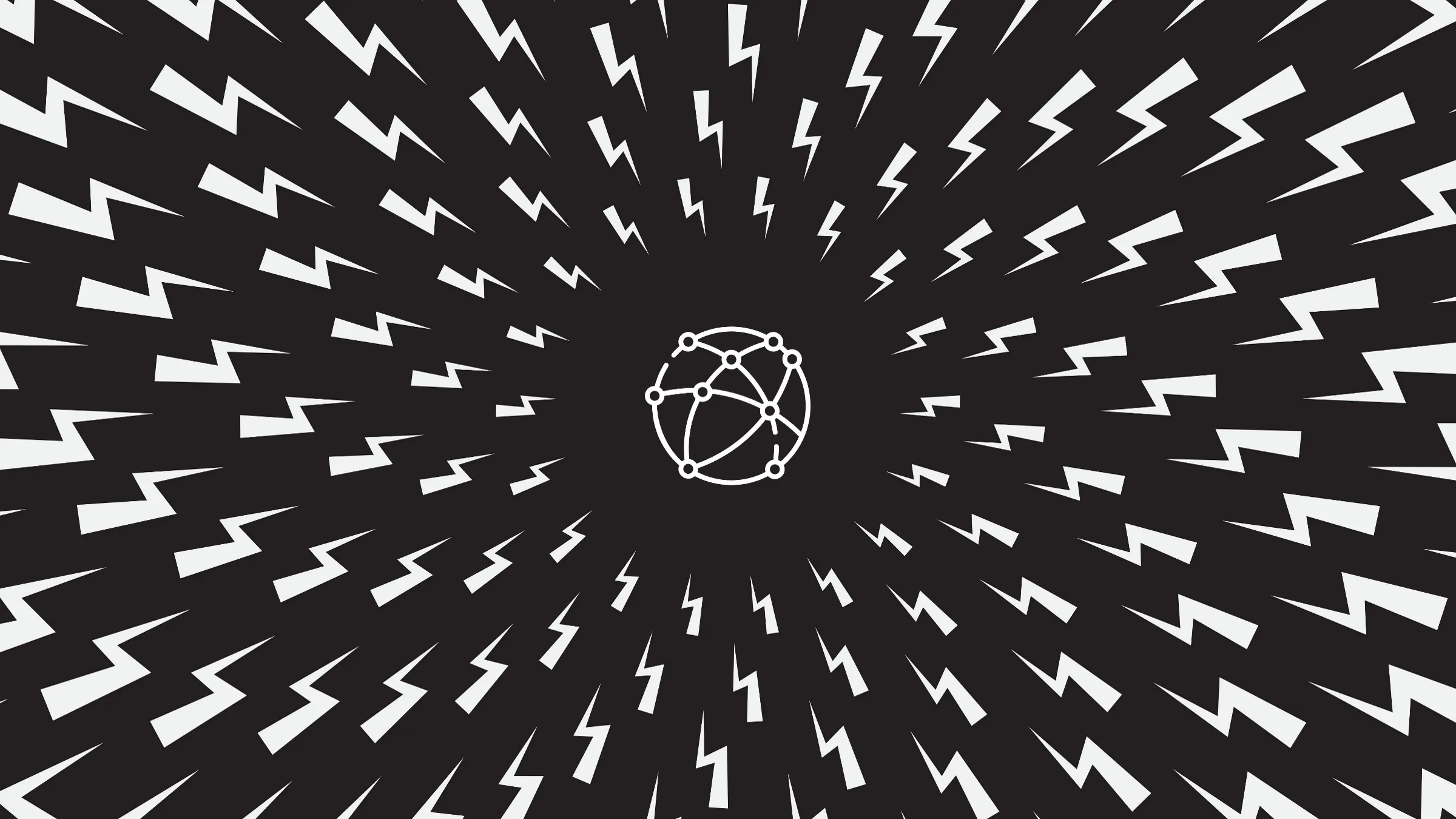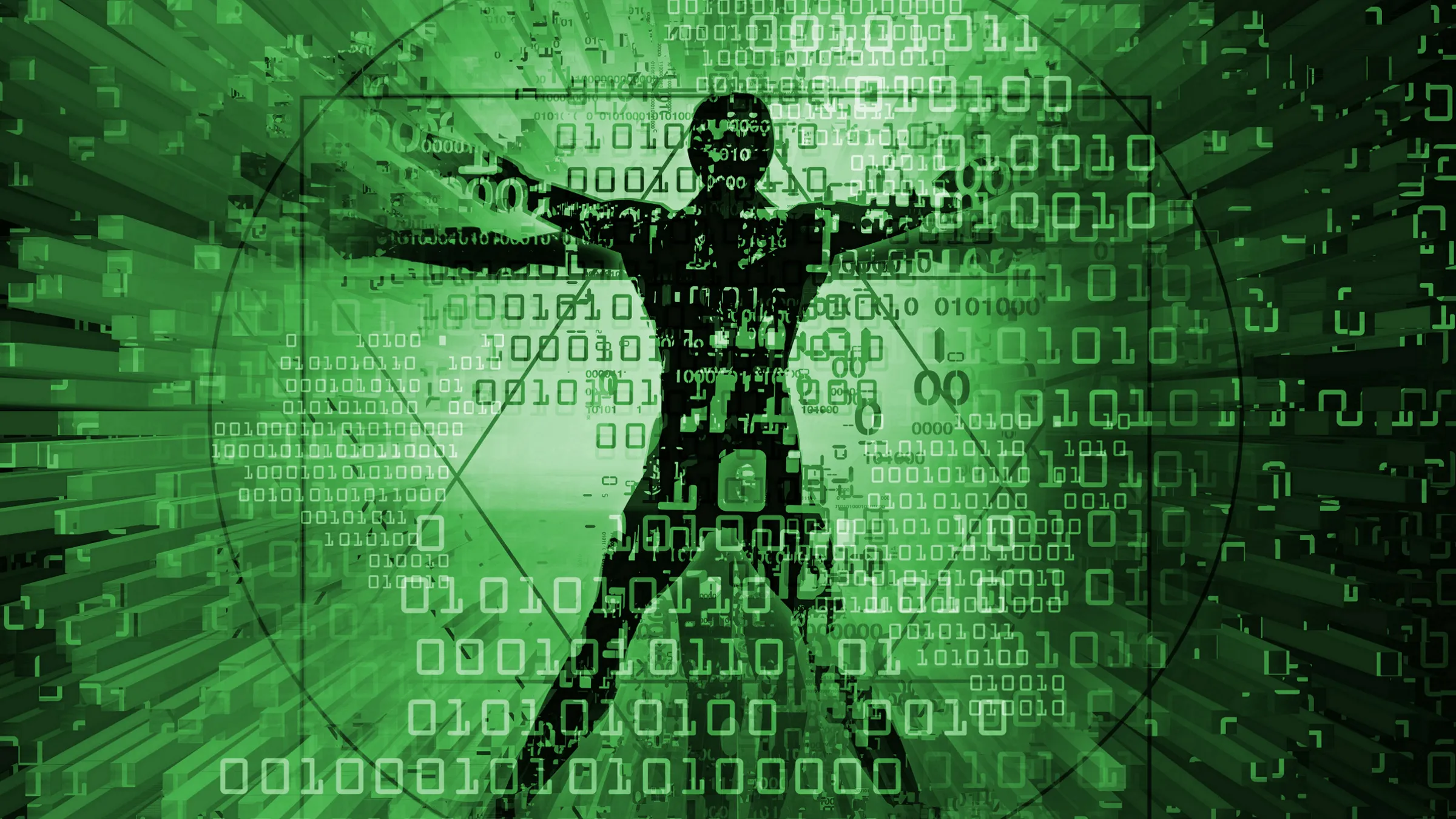The resilience of Internet applications is reduced by making assumptions about connectivity that do not always hold true.
Micah D. Beck, Brenna Bentley, and Anika Roskowski
Societal Impacts of Embodied AI
A reliance on AI systems for routine tasks and emotional support could lead to a deterioration of communal bonds and increased social isolation.
A Guide to Managed Backup and Disaster Recovery
Modern services go above and beyond the simple creation of data copies, adding managing, monitoring, and recovery of an organization’s data whenever necessary.
Operational and Analytic Data Cycles
In highly effective environments, operational and analytic data cycles never end.
Technical Marvels, Part 5: Chess Automatons
Chess has been a touchstone for artificial intelligence.
Confuseds, Strategists, and Snoozers: A Whimsical Odyssey Through the Maze of Scholarly Reviews
The academic spirit perseveres amidst the tragicomedy of peer review, driven by a mix of stubbornness, the thrill of discovery, and the hope that one day the review process will be more conducive to scientific advancement.
Establishing Standards for Embodied AI
The complexity of embodied AI systems underlines the imperative need for a standards framework to ensure their safety, reliability, performance, and usability.
A Pioneer in Using AI to Teach Reading
A researcher predicted Mostow’s daughter would learn to read faster with an automated feedback system. Twenty years of productive research and development followed.
A Versal Story in the Era of Hardware AI: Why the Chinese Could Win
Chinese integrators are the ones making the chip company's technology more accessible to a wide range of developers.
The U.K. Post Office Scandal: Software Malpractice At Scale
Accounting software should be predictable and boring, not falsely send people to prison. But that's what it did.
Minimal Sufficiency and AI Governance
A voluntary standard for AI accountability must meet known needs of the current community and unknown needs of the future.
Building Foundation Models for Embodied Artificial Intelligence
Delving into the tradeoffs of building foundation models for embodied AI systems.
The Evolution of User Interface Design
Mastering the transition from graphical to gesture-based interfaces..
Ensuring application security from design to operation with DevSecOps.
Technical Marvels, Part 4: Leonardo da Vinci’s Robots
Polymath Leonardo da Vinci designed a wide range of machines and instruments over 500 years ago.
A Four-Stage Approach for Hiring Women on Your Engineering Team
Data Breach Prevention: Strategies For Proactive Cyber Defense
Data breach prevention techniques help businesses reduce existing threats or recognize potential risks before they result in a breach.
Work-Family Balance in Academia?
I wish someone had been there to prepare me, and that I didn't have to learn all these lessons the hard way myself.
Utilizing Microservice Architectures in Scalable Web Applications
Microservices can be deployed and scaled independently, which facilitates faster development cycles and more resilient applications.
Technical Marvels, Part 3: The Yupana
CS2023: Global Undergraduate Computer Science Curricula
CS2023 builds upon CS2013, the 2013 computer science curricular guidelines.
Leveraging Rust in High-Performance Web Services
Exploring Rust’s steep learning curve and strong impact on Web services.
Technical Marvels, Part 2: Lebombo and Ishango Bones
A look at some of the earliest mathematical instruments.
Shape the Future of Computing
ACM encourages its members to take a direct hand in shaping the future of the association. There are more ways than ever to get involved.
Get InvolvedCommunications of the ACM (CACM) is now a fully Open Access publication.
By opening CACM to the world, we hope to increase engagement among the broader computer science community and encourage non-members to discover the rich resources ACM has to offer.
Learn More



















